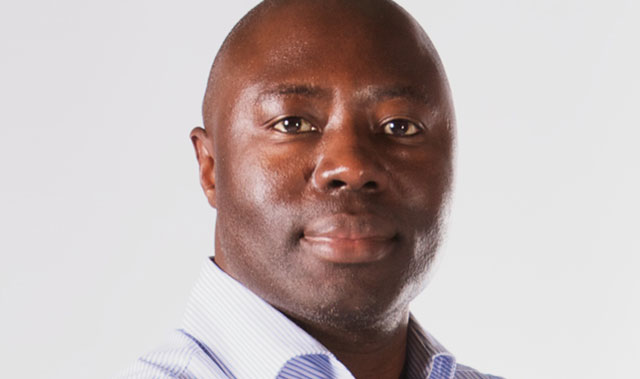
Asymmetry in wholesale mobile call termination rates distorts the market, undermines competition and harms consumers.
That’s the view of MTN South Africa CEO Zunaid Bulbulia, who has strongly rejected the view put forward by Cell C CEO Alan Knott-Craig, who argues that benefits for smaller players, enforced through regulation, are necessary to allow them to compete more effectively with their bigger rivals.
Termination rates are the wholesale fees the operators charge each other to carry calls between their networks. Proponents of asymmetry say it’s necessary to correct market imbalances. It allows smaller players to compete on price more effectively and to steal market share.
Cell C and Telkom Mobile currently enjoy 10% asymmetry — Vodacom and MTN pay them 4c/minute more for calls terminating on their networks than the other way around.
Bulbulia has slammed asymmetry, saying it creates “artificial floors and ceilings in the market that prohibit competition”.
“If Cell C continues to have asymmetry, or even higher levels of asymmetry, it means that we punish the majority of South Africans who are on Vodacom or MTN,” he argues. “They have to pay a higher rate from MTN or Vodacom, which is bizarre from a competition point of view. We do not support asymmetry at all.”

Bulbulia points to Zambia and Sudan, two markets in which MTN operates, as examples of countries in which there is no asymmetry, yet MTN, which was a smaller player, was able to compete effectively and take market share.
“Zambia and Sudan are good examples of a complete absence of asymmetry being used by regulators as a blunt instrument to try and force competition,” he says. “MTN spent big money investing in the network and we offered very innovative propositions. In Zambia, we have gone from being a poor second to being the top operator. We have done the same in Sudan.”
There is plenty of evidence, he says, to suggest that asymmetry is “not the right mechanism to force competition”.
Icasa is set to revise termination rates before March 2014 after three years of managed reductions. They have fallen from a high of R1,25/minute during peak times to just 40c/minute. Telkom Mobile MD Attila Vitai has argued they should be chopped in half again, to 20c/minute.
Bulbulia argues that 20c is too low, but won’t say what he believes the right level should be. “It should be cost based, though,” he says. “A cost-based methodology is fair and is grounded in economics rather than people calling numbers based on their own business requirements. That is the position we have taken to Icasa and we think they are favourably disposed to the issue.”
Operators should continue to earn a margin on termination rates, but the figure should be based on “what is fair in a market of our maturity and penetration”. — (c) 2013 NewsCentral Media




